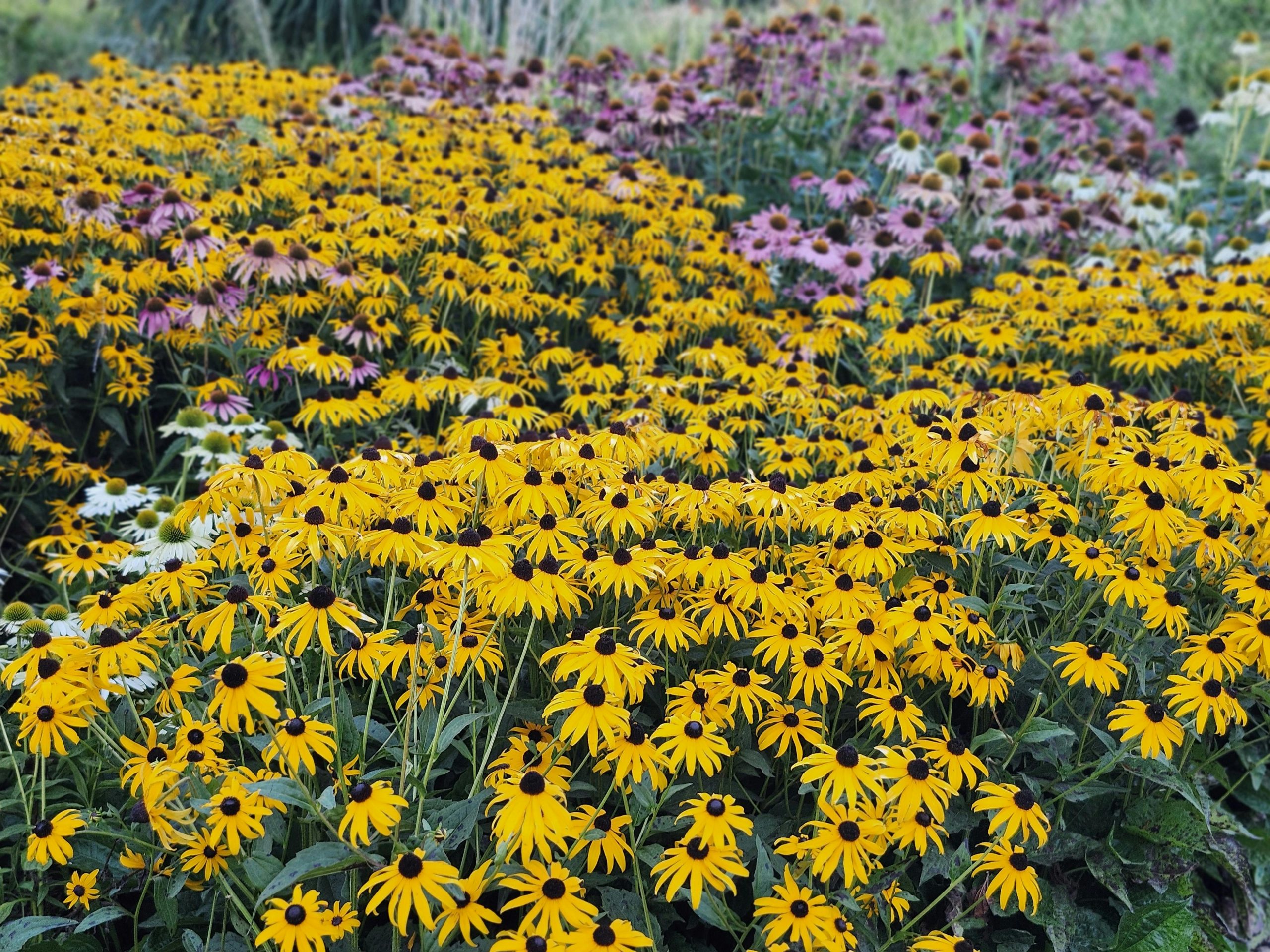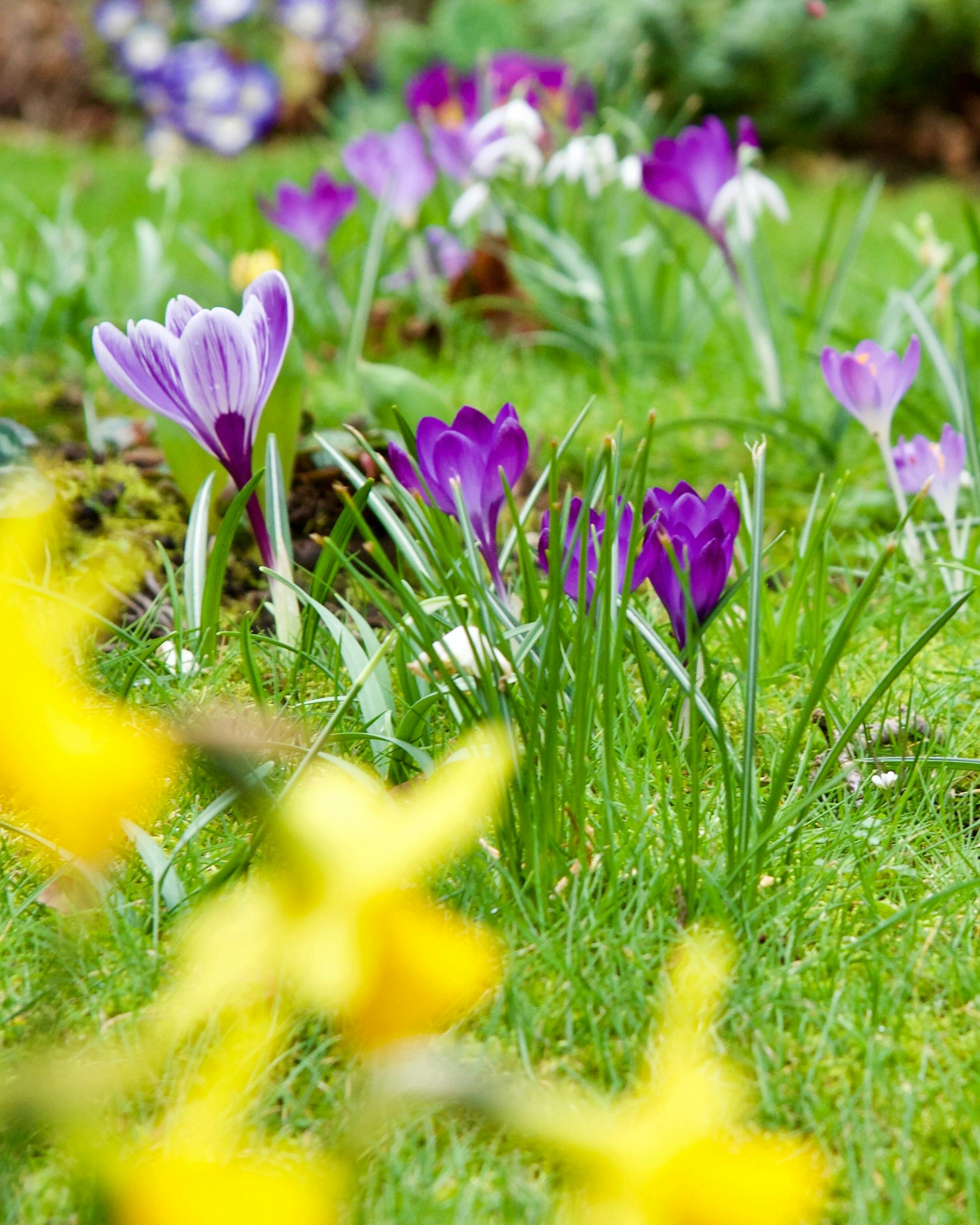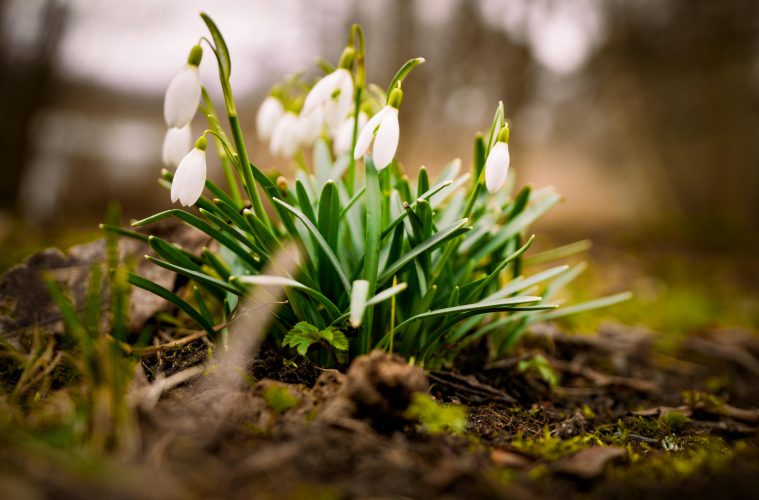Perennial planting demands new skills to maintain and benefit the garden. Planting perennials provides seasonal interest, as different varieties bloom at different times of the year. They are also environmentally friendly requiring fewer resources than annuals since they do not need to be replanted yearly.
In simplest terms, adding perennials to your garden is an investment for the future. While it requires extra effort upfront, the rewards are plentiful and long-lasting. You can enjoy the beauty and bounty of your perennials for years, making a wise choice for any gardener going the eco-friendly route.
Growing perennials in the garden
Perennial plants are becoming the backbone of regenerative gardens. These permanent producers only need to be established rarely, once every few years, depending on the species. These perennials can produce annually while building soil health and requiring little to no feeding. In addition, the roots of perennial planting go deeper into the layers of the soil with each passing year.
A landscape garden covered in perennial plants has the capacity to transform subsoil into organic-matter-rich material with each passing year. This deep-rooting capacity brings organic matter, water, and biological activity, which are the basis for organic soil formation into the subsoil of your garden.

Image Credit: Pexels
The pros and cons of perennials in your garden
The reasons perennial crop plants are crucial for the garden and form a foundational part of your garden are the many benefits they have for your garden. While these crops offer many benefits, they also pose some challenges, including the need for careful planning and management.
Pros:
- Deep soil penetration
- Climate resistant (to drought and floods)
- Plant health enhancement
- High return on investment
- Improved soil health
- Water retention
Cons:
- Space(they require more room to grow)
- Climate
- Slow yields

Image Credit: Pexels
Additionally, perennials can provide broader benefits, including soil protection, water retention, and biodiversity gains. This should be incentivised so more gardeners adopt these crops and promote a greater improvement for a sustainable environment.
ALSO SEE: HOW TO MAKE THE MOST OUT OF A GARDENING CONSULTATION
Feature Image: Pexels

